The SPIN Interview: Ben Gibbard

- Oops!Something went wrong.Please try again later.
- Oops!Something went wrong.Please try again later.
A few days before he is set to embark on something of an unprecedented tour serving double duty in the Postal Service and Death Cab for Cutie, Ben Gibbard is still finding some time for himself. For the past month, he’d been rehearsing with both acts ahead of a co-headlining outing to celebrate the respective 20th anniversaries of their Transatlanticism and Get Up albums. But today, prior to speaking with SPIN, he was sneaking in a pre-tour haircut ahead of a trip to Seattle’s T-Mobile Park to watch his beloved Mariners in their fight to make the Major League Baseball playoffs.
Were they to do so, it would only add to the already celebratory vibes of the fall season for Gibbard, who improbably found himself simultaneously fronting two indie titans back in 2003. The origin story has been oft-told: after collaborating with electronic-leaning musician/producer Jimmy Tamborello on the latter’s Dntel album Life Is Full of Possibilities in 2001, Gibbard continued exchanging vocals and instrumentals with him through the mail. They christened the project the Postal Service and enlisted then-Rilo Kiley singer Jenny Lewis to contribute backing vocals on the material, which filtered OMD, Depeche Mode, and Human League-style synth-pop through the artists’ more homespun sensibilities.
More from Spin:
Legendary Seattle indie label Sub Pop came calling, signed the group, and released Get Up on Feb. 18, 2003. It has since sold more than 1 million copies, second only to Nirvana’s Bleach in Sub Pop history, but Gibbard wasn’t done releasing music that year, despite Death Cab having been on the brink of a breakup not long beforehand.
The group’s 2001 breakthrough, The Photo Album, was completed in rushed fashion so Death Cab could get back on the road and earn the money its members had foregone by giving up their day jobs. Tensions rose on that tour, culminating in a backstage fight after a show in Baltimore.
Instead of dissolving Death Cab, Gibbard left Seattle for Los Angeles and worked on what would become Give Up. By late 2002, the band was on more steady footing and regrouped in the studio with new drummer Jason McGerr. The result was Transatlanticism, a concept album tackling themes of isolation and long-distance relationships which breathed new life into the band and dramatically expanded its audience. Further thanks to an appearance on the then-popular TV show The O.C., the album cracked the top half of the Billboard 200 upon its October 2003 release by Barsuk Records and went on to sell 500,000 copies over the next two years. Death Cab parlayed this success into a deal with Atlantic Records, which has been its home ever since.
“They both came out at a time when indie rock was starting to move from this kind of smaller, connoisseurs, club-level genre, to something I would never say was mainstream with a capital M, but certainly became a more popular and omnipresent genre,” Gibbard says of how Get Up and Transatlanticism fueled the subsequent indie rock boom that defined the rest of the decade.
While the Postal Service toured extensively in 2003, the group abandoned sporadic work on a follow-up and disappeared, leaving Get Up to organically influence a new generation of synth-powered acts such as M83, Owl City, Sylvan Esso, and Passion Pit.
In 2013, the Postal Service reunited to tour for the 10th anniversary of Give Up, and released a pair of new songs, but following a show at the Metro in Chicago that August, Gibbard said the Postal Service would disband. Now, a decade later, he says he felt compelled to acknowledge the band’s influence and tour yet again – this time with Death Cab in tow, and both groups playing their 2003 releases in their entirety.
In the below conversation, Gibbard elaborates on the reasons for doing so, how he feels about the full-album-as-live-show experience, and what’s next for Death Cab for Cutie.
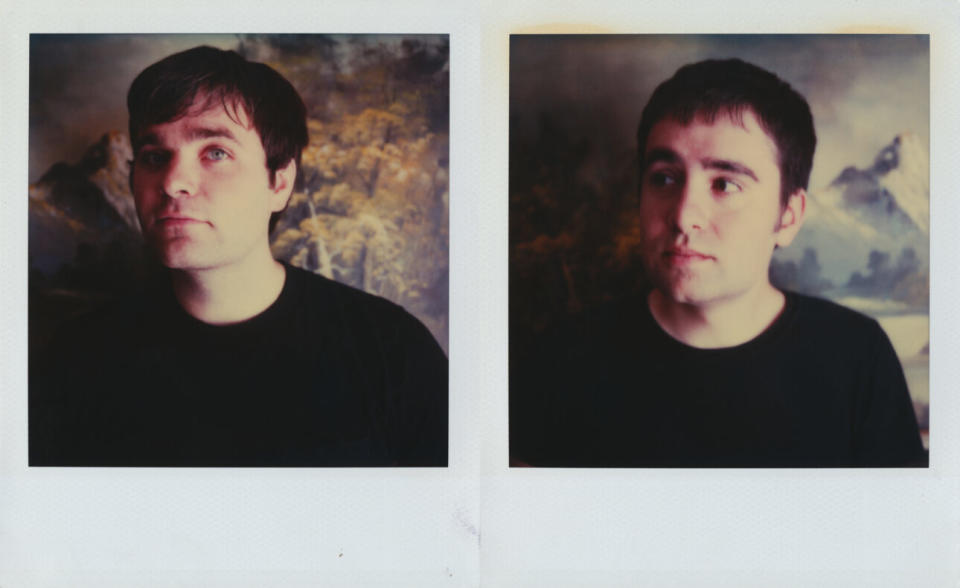
SPIN: How did the idea originate to not only reunite the Postal Service but also tour with Death Cab?
Ben Gibbard: Initially the idea had been floated about doing these as two separate tours, and I felt that the show would be significantly more impactful if we did both. I think often when, in this kind of new touring economy of bands playing seminal albums, unless the record is like, Mellon Collie and the Infinite Sadness, most of these records are like, 40-45 minutes, right? Then you have to fill the rest of the show with other material, which is fine. No shade on that, but I came to the conclusion that Death Cab is playing around two hours at this point, and both of these records clock in under 45 minutes, so it’s really about the same workload for me doing both of these records as it would have just doing a regular Death Cab show. There’s no way to say this without sounding at least a little bit self-aggrandizing, but I don’t think there’s anybody else who would be in a position to do this. I can’t think of another artist or band that’s had two separate projects released in the same year that had a similar impact. I felt [that] because I found myself in this unique position to even attempt this, it would be foolish not to do it. This is such a unique opportunity for both bands, but for me specifically.
You announced 17 dates initially, which grew to more than 30. Has that surpassed any expectations that you had?
Oh, of course, I felt confident that we would be able to fill some of these venues we had signed on to play, but I didn’t think we’d get the two Madison Square Gardens, or two Climate Pledges [Arena in Seattle], or certainly three Hollywood Bowls. During the initial on-sale, I was feeling confident, and then we did that thing were we held some second dates, just in case. And then, the first set of dates blew out, so we decided to add other ones, which is totally humbling. It’s really moving to see the response to the tour.
What do you think of the album-in-full live experience?
I’ve gone to see some of these shows of artists playing a record, and it’s a welcome alternative as a fan to a typical touring show where a band has a new record, and they’re trying to highlight some of those new songs. They’re also playing the old stuff, and you go to the show and you’re like, “Oh, I hope they play this song from that record, they played it a couple of nights ago at this venue, but I don’t know if they’re gonna do it tonight.” There’s some fun mystery in that — the mystery of discovering what the band is going to play. Conversely, there’s a comfort in knowing, “I’m gonna go see this show, and this is what they’re going to play, and I know the order it’s going to happen in, and I can emotionally prepare in that way.”
Of those shows where you saw an artist play a complete album, what was your favorite?
I saw Liz Phair do Exile in Guyville. That was pretty fantastic. I’m not sure if it was exactly in order in order. When I was living in L.A., John Cale played Paris 1919 at Royce Hall with the UCLA Philharmonic. It’s one of my favorite records, and to get a chance to hop up on stage and play a couple of songs with him was a real trip.
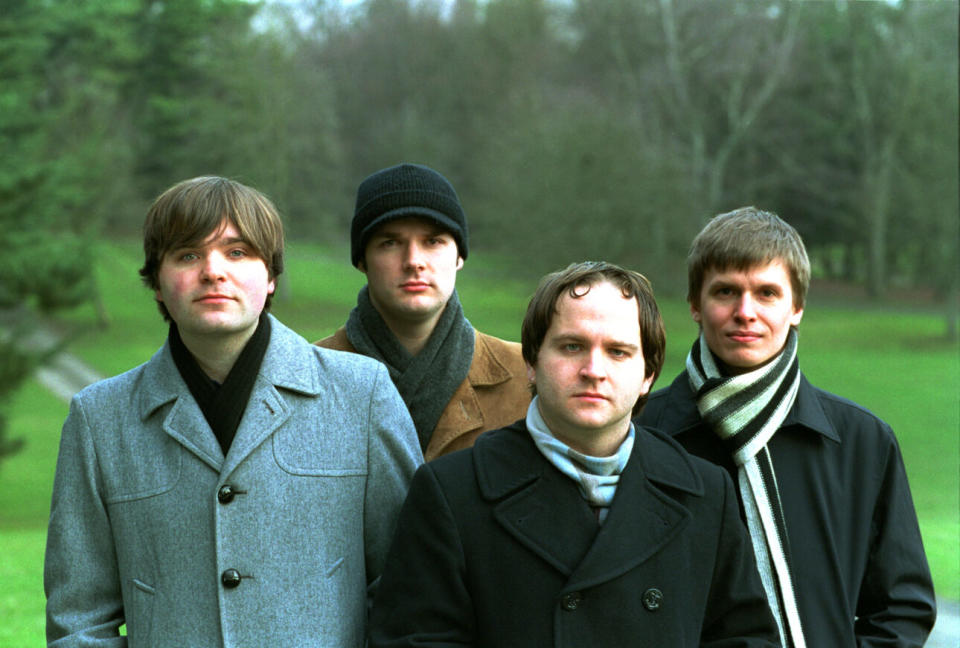
What do you think fuels nostalgia for anniversaries and complete album performances?
It seems to me that this kind of trend started, more or less, around the time when physical media was starting to disappear from people’s lives — the rise of the iTunes Store, and people buying digital music or streaming sites started to pop up. We were doing an interview with the Stranger here in Seattle, and the writer was sharing this theory about millennials — specifically that they’re spending their money on experiences and not necessarily things. One of the reasons these shows are popular is that they give people another way to have an experience with a record that they really love.
We’re living in a world now where not a lot of people are buying physical albums. They’re not interfacing with the physical embodiment of a record. I mean some people buy vinyl, but people don’t buy CDs anymore, people don’t read the liner notes, and people don’t know who produced the record. In this phenomenon of artists playing the record live, it’s really a wave. I think that it’s a response to a deep-seated need amongst music listeners and fans to have a new experience with an album — a visceral experience, in the room with the music in a way that we don’t really have that much anymore, at least certainly not with a physical media.
Have you spoken with Chris Walla? Is he going to be part of any of these shows?
Yeah, we see him from time to time. We hung out in December. He lives in Norway, so…
I guess not…
It’s a long commute [Laughs]. I wouldn’t foresee that happening. If we were playing in Trondheim, where he lives, then yeah, we’d invite him down.
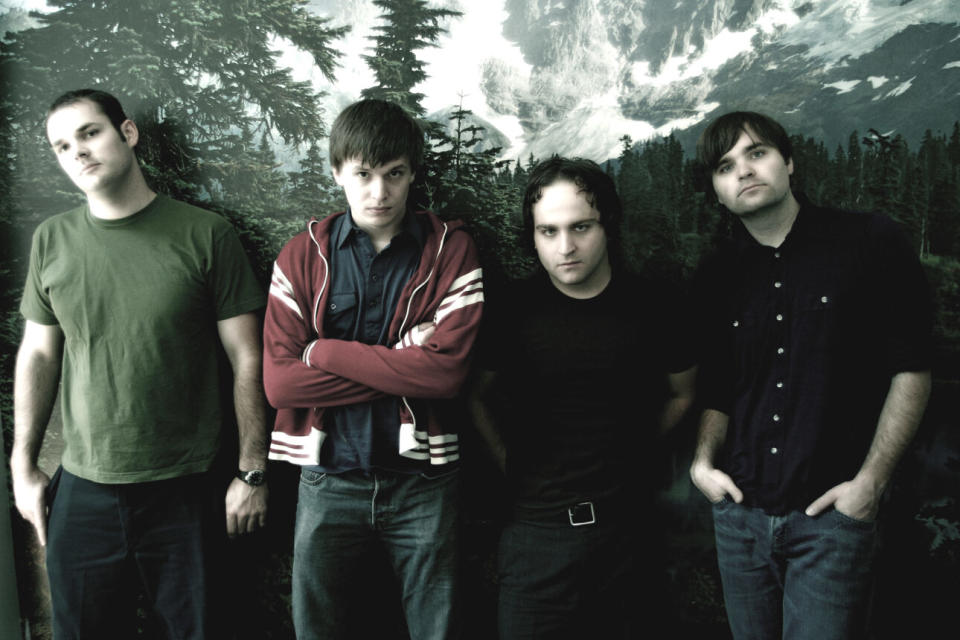
How has it been playing without him, specifically on this tour?
This iteration of the band has existed for almost 10 years. It has been said ad nauseam, but band dynamics are not that different from romantic relationships or friendships you have. Over time, you value the people who have been in your life and have contributed to your experience on this planet, and in this case, [Walla was] at the helm for making some of these records that will forever be seen as some of our best records. But, you also recognize that sometimes you have your time with somebody, and that time comes to a close and you move on. And they move on as well. With Chris, we all think back on those times together rather fondly, and we admire and love each other.
What do you think the Postal Service album remains so beloved 20 years later?
Jenny and I were just texting, literally before this phone call, about some random stuff, and we were both lamenting how there’s too little mystery in the world anymore. We know so much about artists now, certainly younger artists, especially [who] are on social media seemingly 24/7 sharing their entire lives. We didn’t come up with that. When the Postal Service record came out, obviously the internet existed, Pitchfork was a thing, and blogs were happening, but social media wasn’t a thing. There wasn’t this 24/7 kind of assault of people sharing every detail of their life and what they’re having for breakfast and dinner.
When the record came out, it allowed for some mystery. With the exception of that first tour we did in 2003, there weren’t any live dates. This wasn’t a band that you could go see. Although people obviously knew who the three of us were, in some capacity, the band as an entity was very much a mystery. There’s a mythology around the record. It made its way through the culture and jumped the fence of provincial indie rock and settled into the mainstream, as much as any record could at that point. I keep coming back to this quote, and forgive me for not turning in a brand new quote, but William Gibson talks about the Neuromancer trilogy like “I feel like my books are my children who kind of went off into the world and had great adventures.”
Like, you were the author of that work and you created it, but once it leaves your desk or the recording studio, it becomes everybody else’s. It’s no longer yours. So I certainly feel like we can take some credit for the success of the pulse of this record because we made it, but once it left our little home studios and ended up out in the world, it kind of took on a life of its own and became this completely other entity.
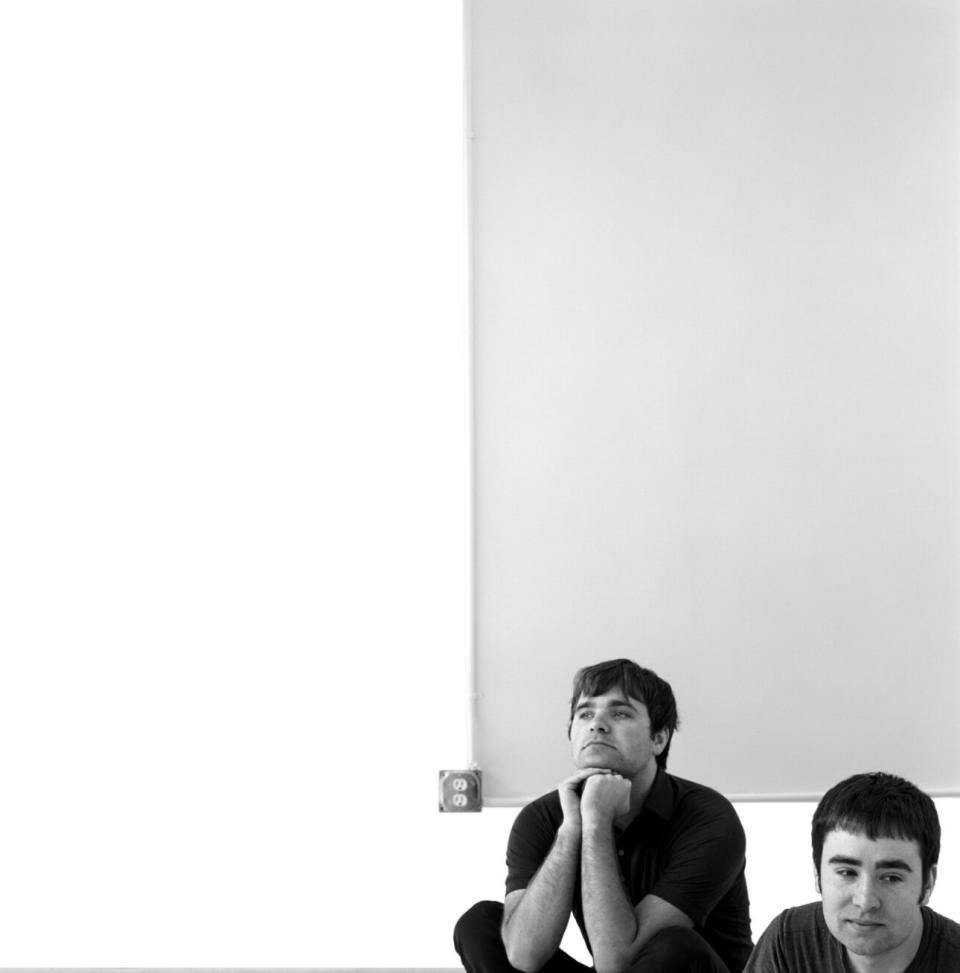
Is it a coincidence that on the 20th anniversary of Transatlanticism in October, you are playing in Seattle?
Oh, we are? Really?
Yes.
Oh, I didn’t know that. That is a complete coincidence. I did not know that.
So I guess we won’t know then if you’re going to be doing something extra special that night.
We do not know that yet, because you just told me that. I do not even know myself.
Have you been writing any new Death Cab stuff lately?
I’ve been writing here and there. I don’t think we’re anywhere near going into the studio to make a new record. Even if we were tomorrow, I think we’ll be a little overexposed by the time this tour is over. It’ll be time to head back into the woodshed and spend some time in there, away from prying eyes and not playing shows for a while to just come up with some new ideas.
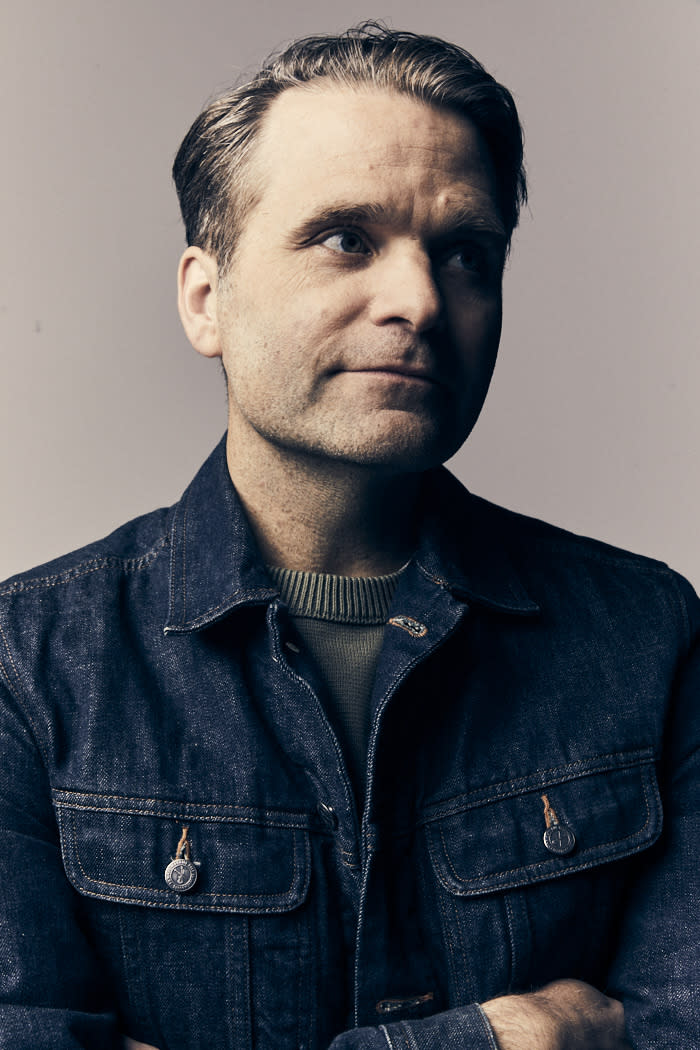
Will the Mariners make the playoffs this year?
It really could go one of two ways. The American League is just really, really competitive this year. I would of course love nothing more than the Mariners to win the division. I wouldn’t put money on that. I think in all practicality, they’re probably looking at squeaking into a Wild Card. My hope is that they can just stay healthy, hang on, get to the playoffs, and then once they’re in the playoffs, as we all know, anything can happen, right? This team has all the pieces to win a World Series. That doesn’t mean they’re going to. It doesn’t mean they’re even going to make the playoffs, but they have a top-three starting rotation, and a top-three bullpen, the defense is stellar, and they’re finally hitting. The piece for them was always like, “Will they score enough runs?” and they’ve been scoring a ton. So, it’s completely possible. Would I put money on it? Probably not to win the World Series. But it’s not outside the realm of possibility. It’s not something that I think is insane to dream on a little bit.
To see our running list of the top 100 greatest rock stars of all time, click here.

